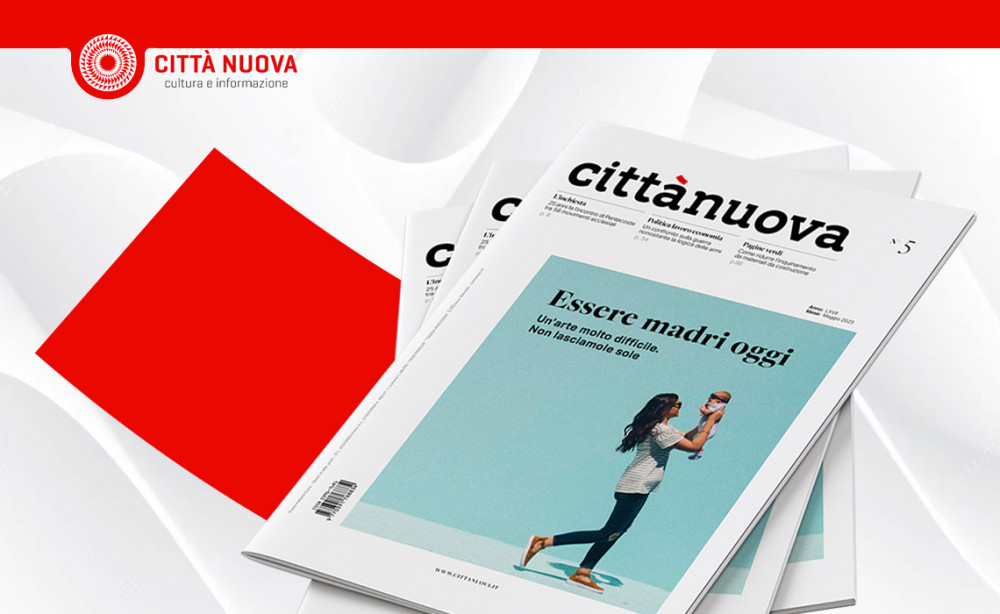Commentary – Genovesi's call to Italy (and South of Europe): Be yourself!
By Luigino Bruni
Published in Avvenire on April 28, 2013
The connected, interdependent networks making up the market economy can bring about both wonderful and terrifying outcomes. In times of prosperity, wealth is distributed...
stdClass Object
(
[show_title] =>
[link_titles] =>
[show_intro] =>
[show_category] =>
[link_category] =>
[show_parent_category] =>
[link_parent_category] =>
[show_author] =>
[link_author] =>
[show_create_date] =>
[show_modify_date] =>
[show_publish_date] =>
[show_item_navigation] =>
[show_icons] =>
[show_print_icon] =>
[show_email_icon] =>
[show_vote] =>
[show_hits] =>
[show_noauth] =>
[urls_position] =>
[alternative_readmore] =>
[article_layout] =>
[show_publishing_options] =>
[show_article_options] =>
[show_urls_images_backend] =>
[show_urls_images_frontend] =>
)








